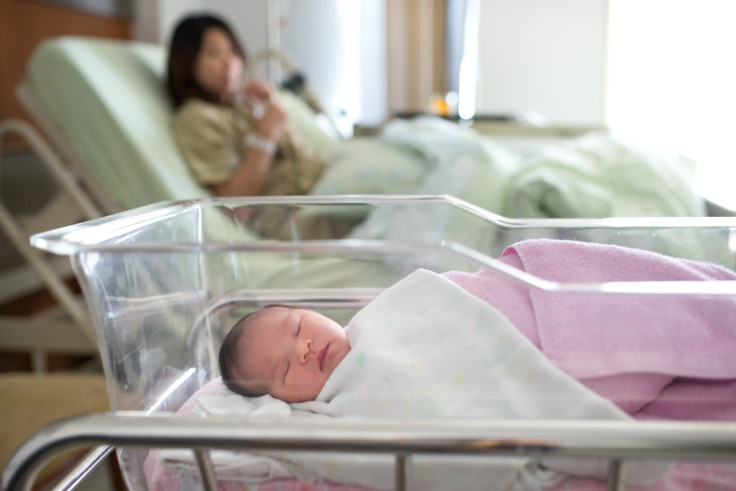When Hospitals Give Newborns The Same Boring Name, The Risk Of Medical Error Shoots Up

It seems that starting our life on the right foot is a lot easier with a memorable name — and lowers the risk of medical error — according to a new study in the journal Pediatrics.
The study found that assigning newborns inside a neonatal intensive care unit (NICU) catchy temporary names reduced identification errors by over 35 percent.
According to the study, newborns whose names haven’t been decided yet are often given bland placeholders by the hospital to register in their database. For many of the approximate four million babies born every year, their first moments of consciousness are spent as either Babygirl or Babyboy — which is admittedly still better than Eunice or Glen.
But the authors of the study believed that this system can lead to confusion, such as hospital staff accidentally providing the wrong medication to a Babygirl Jameson instead of Babygirl Johnson, or even feeding an infant the breast milk of an unrelated mother. One 2004 study they cited found that as much as 11 percent of the medical errors reported within a NICU could be attributed to misidentification, though there’s been little direct evidence examining whether the standard system itself was responsible for these.
Putting their hypothesis where their mouth is, the authors devised a new, more distinguishable, naming system to utilize in the NICUs of the Montefiore Medical Center, an academic health system in Bronx, New York, affiliated with the Albert Einstein College of Medicine, a graduate school of Yeshiva University.
While keeping the gendered ending, these momentary designations relied on the mother’s first name, such as Wendysgirl Jackson or Marysboy Smith. The authors diligently tracked the rate of wrong patient errors within Montefiore, both in the year before and after the implementation of their system, which started in June 2013. More accurately considered “near-miss” mistakes, since the errors were caught by the clinician before they ever reached the tiny patient, the authors felt that tracking these mistakes would prove to be useful since they share the “same causal pathway as errors that cause harm.”
“Our findings suggest that the use of nondistinct, temporary first names for newborns is hazardous and that replacing a nondistinct, temporary naming convention with one that is more distinct may significantly reduce wrong-patient errors in the NICU,” they concluded.
It’s a change that could prove to be sweeping since over 80 percent of NICUs currently use the “Babyboy/girl” naming convention, according to an earlier survey conducted by several of the authors. Because they only looked at one specific type of error, such a switch could prove to be even more impressive in its positive effects for NICUs, according to the authors.
“To accelerate the adoption of distinct naming conventions, regulatory bodies such as the Joint Commission might consider prohibiting the use of nondistinct naming conventions such as Babyboy or Babygirl,” they recommended.
Source: Adelman J, Aschner J, Schechter C, et al. Use of Temporary Names for Newborns and Associated Risks. Pediatrics. 2015
Published by Medicaldaily.com



























